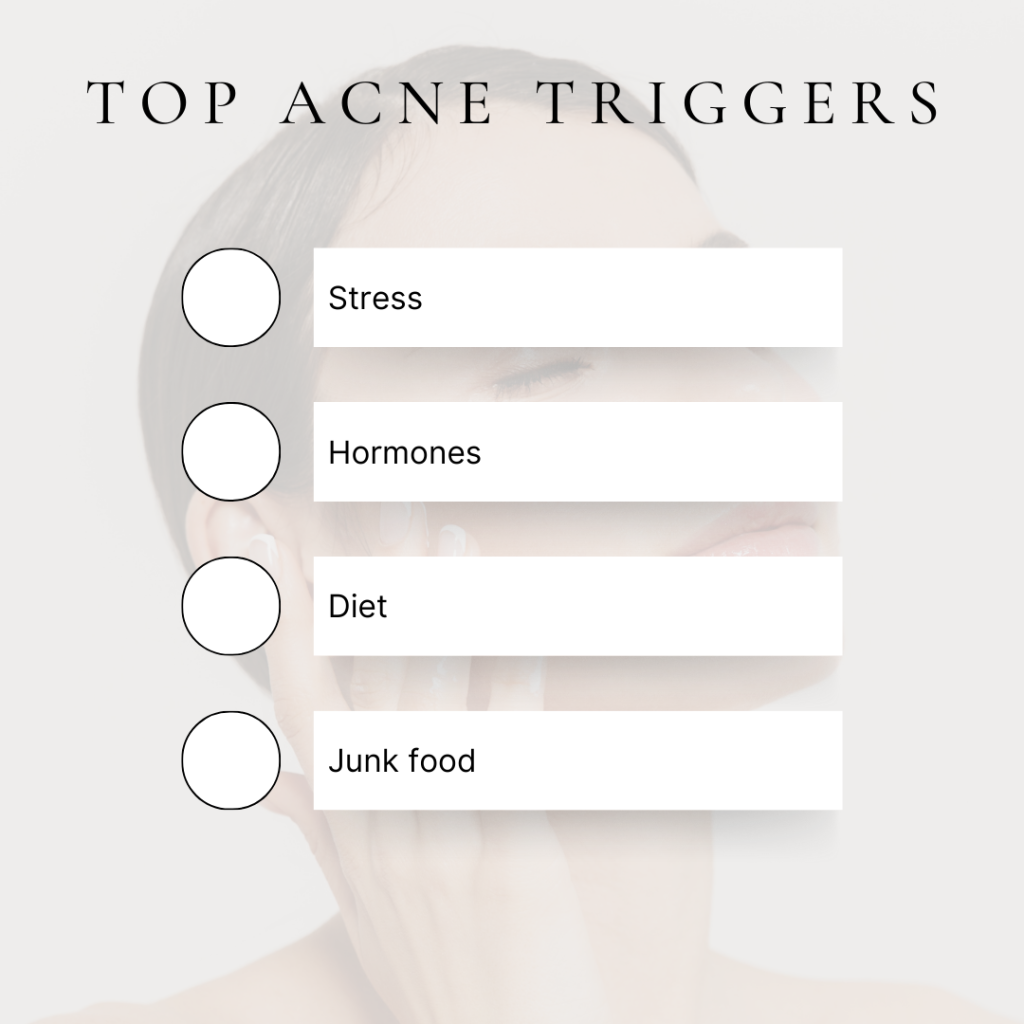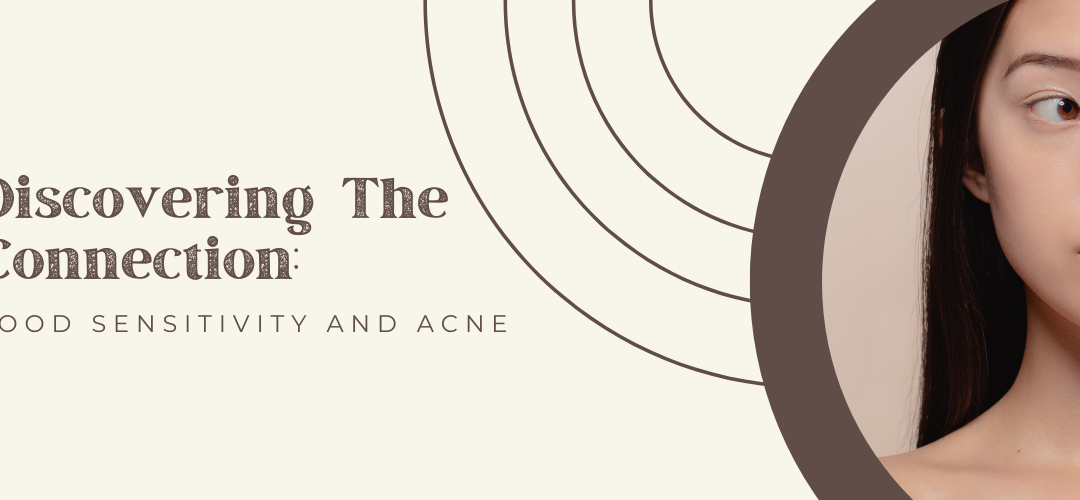Nothing is more frustrating than an acne breakout, especially if you have a ritualistic skincare routine. Sometimes, hydrating, a healthy diet, and a great skincare routine cannot prevent you from getting flare-ups here and there. Acne can come out of the blue, and it can cause a lot of discomfort, frustration, and irritation.
As an adult, suffering from acne can make you feel like you’re all alone. However, you shouldn’t feel that way. There are approximately 650 million people globally affected by acne.
What is acne?
Acne is a common skin problem and affects many individuals. It can vary in severity depending on the individual. Some people easily get acne flare-ups more frequently compared to others. It’s also more common for teenagers to suffer from this skin issue because of hormonal changes. However, this doesn’t mean adults don’t suffer from acne either.
Acne develops when your skin follicles are blocked. Your follicles contain tiny glands which produce sebum that keeps the skin from drying out. However, when you have sebum overproduction, it can clog up the follicles trapping bacteria and causing a flare-up.
What is food intolerance?
Food intolerance is when your gut is sensitive to certain foods and can’t digest them or lacks specific enzymes to break down specific foods. When you consume a food you’re intolerant to, it causes you to have digestive symptoms because your intestinal tract can’t break down that food and absorb it into the bloodstream.
So, your food stays in your gut longer than it should, which means gut bacteria ferments it from releasing gas. You suffer from bloating and constipation when you don’t pass food fast enough. When food ferments in your belly, it also results in gassiness and on top of bloating. It can be very uncomfortable.
Can food sensitivity cause acne?
While acne can appear randomly for some people, for others, it’s a bit of a pattern depending on their diet. You can have acne appear for the first time in your adulthood even though you didn’t suffer from the same as a teenager. If you’re suffering from this, it may be necessary to look closely at your diet.
It’s common for food intolerance to affect the gut causing IBS and bloating. However, food sensitivity can cause other inflammatory symptoms, which include eczema and acne. It’s common for these symptoms to be blamed on common food intolerance like dairy and gluten. However, any food intolerance can cause a flare-up.
How to deal with food sensitivity and acne
When you suffer from food sensitivity symptoms like acne, you need to be sure which specific food/s in your diet is causing such symptoms. You can do this by taking a Sensitivity Test. This intolerance test will help you narrow your search by giving you the exact food that causes your symptoms.
After discovering your food intolerances, you can go on an elimination diet and see if the symptoms disappear. A few weeks into eliminating the culprit, you’ll notice you no longer suffer from acne and other digestive symptoms. You can eliminate those trigger foods from your diet.
However, if you’re already suffering from too many food intolerances and allergies and you’re afraid of suffering from deficiencies, you could get the help of a dietitian who will help you manage your diet to ensure you add more foods you love and which contain the nutrients you’ve eliminated from your diet due to intolerances.
Always ensure you find alternative foods for the ones you’re eliminating. Foods with the same nutrient profile and vitamins so that you don’t become deficient in essential nutrients and vitamins.
You can also stock up on foods with vitamin A, like spinach and carrots, as long as you aren’t sensitive to them. These foods will help encourage the body’s natural exfoliation process. You can also add omega-3 (oily fish) to reduce redness and inflammation. Zinc will also help your skin stay hydrated. Only add these foods to your diet if you aren’t intolerant. They will help with your skin health.
Food sensitivity symptoms
The best way to get ahead of your food sensitivity acne is by identifying other typical food sensitivity symptoms so you can know that your diet is what’s triggering acne. Food sensitivity symptoms always take time; it can take upto three days for a specific food to start showing signs.
Common food intolerance symptoms include:
- Headache
- Brain fog
- Bloating
- Constipation
- Diarrhoea
- Joint pain
- Eczema or acne
- Fatigue
- Anxiety
- Low mood
Other acne triggers

It’s essential to know other acne triggers just in case your site is caused by food intolerance. Various other factors can cause flare-ups; these include:
Stress
When you suffer from a very stressful event, it can trigger flare-ups within 48 hours. You need to pay attention to the life events occurring in your surroundings to know whether you’re suffering from acne due to diet, stress, or both. You can relieve stress using mindfulness techniques like breathwork, meditation, exercise, and laughter.
Hormones
Usually, a week before periods or so, many women suffer from a hormonal imbalance, which can cause acne flare-ups. However, this typically passes once the hormones are back in balance. However, there are different remedies to help with hormonal imbalances, and your doctor can help you correct the matter.
Diet
Besides food sensitivity acne, you can also have flare-ups when you consume foods rich in iodine and androgens. Some other triggering foods include milk, sea plants, shrimp, and peanut butter. Notice if such foods cause acne flare-ups. Even though you aren’t intolerant, you must only eat small quantities of such foods.
Final thoughts
Food sensitivity and acne can make you uncomfortable. Food sensitivity acne affects many people, even those that didn’t suffer from acne in their teenage years. The best way to do it is by taking a Sensitivity Test to see which foods could be causing your sensitivity symptoms. If there are such foods in your diet, then you’ll have to eliminate them. You can get a dietitian to help you do that.




